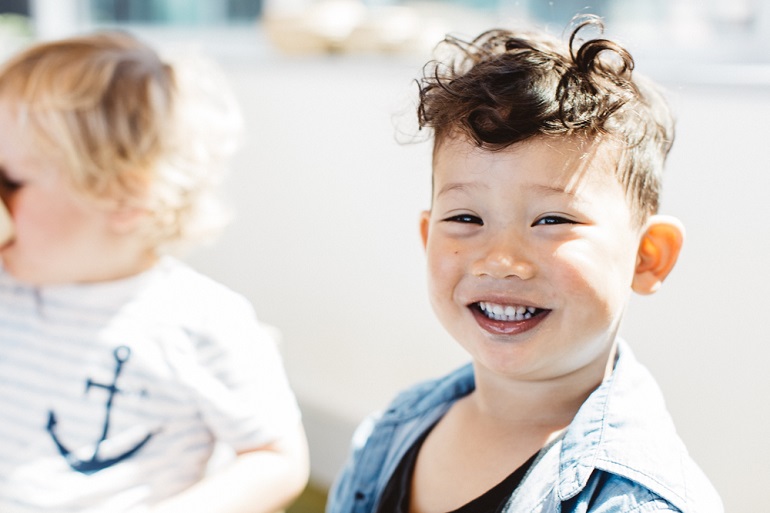
Dear Families,
Being a toddler is exhilarating. The world to a toddler looks like a huge playground to explore. Their appetite for fun and discovery is almost insatiable.
Alongside the exciting discovery of movement and play, toddlers are starting to develop an understanding of themselves, what they can do and what makes them who they are.
They begin to discover their inner strength and autonomy, and their early rehearsals of self-assertion – often saying “no!” – represent one of the most important developmental milestones of emotional intelligence.
With this in mind, we’ve dedicated this season’s newsletter to toddlers and positively guiding toddler behaviour.
I hope you enjoy reading it!
Belinda Ludlow
CEO
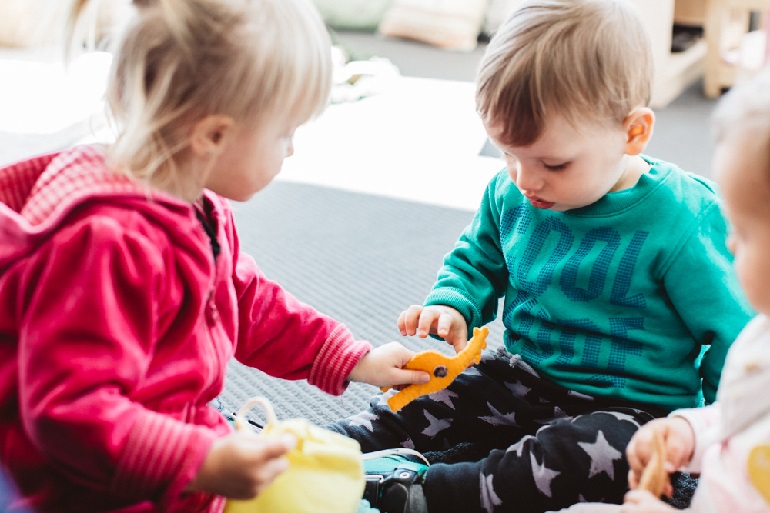
The toddler years often have an unfavourable reputation. It’s been given a name, the ‘terrible twos’. Such a name can provoke feelings and expectations for this life stage.
These negative views of toddlerhood may arise from unrealistic expectations and a difficulty in understanding the complexity and characteristics of the development and learning of toddlers.
It is really helpful to bear in mind the rapid growth and development taking place in toddlers’ bodies, minds and emotions and how they are using these new attributes in their exploration and learning about themselves, other
people and their world.
Their fluctuation between enjoying the excitement and achievements of exploration and learning and seeking the security of babyhood should come as no surprise.
Having a good understanding of your toddler can help you to accept, understand and support them in their stage of learning. By having realistic expectations, you can then be comfortable with them, rather than anxious or frustrated by them.
Margaret Young, Author of ‘Tuning Into Toddlers’
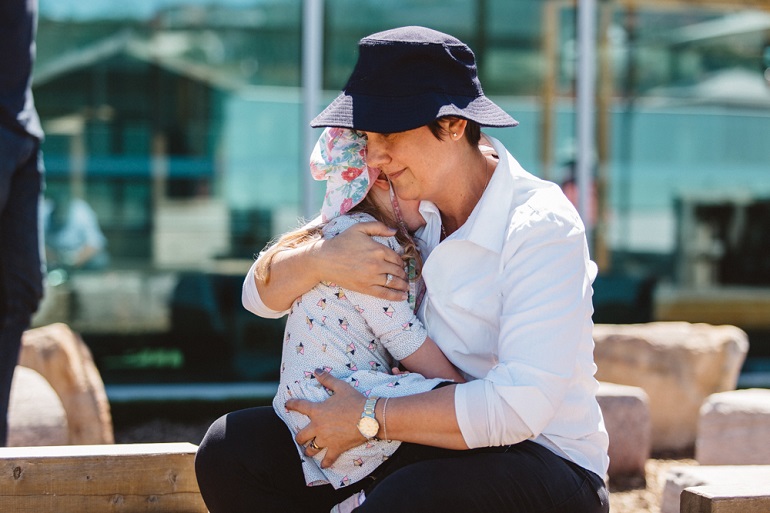
Knowing about your toddler’s development and their behaviour can help you to see your toddler for who they are in the here and now and to understand and value them for their communication, behaviour and personality.
These situations aren’t toddlers being naughty (although it may feel like that at times!) They’re actually opportunities to try to understand what a toddler is saying or feeling, keep them safe and stay with them to work out their difficulty and their emotions.
As adults, when we become frustrated, we have a muscular system that helps us to contain a strong emotional charge so we can measure our outbursts. We also have a neural system that helps us regulate strong
emotional charges so we can feel frustrated or angry, yet choose not to strike out and instead channel our angry energies constructively.
For a toddler, their body systems are still very immature. Toddlers simply cannot contain the emotional charge, their musculature isn’t developed enough and the part of their brain that can contain powerful emotions is still quite immature
Robin Grille, author of ‘Heart to Heart Parenting’
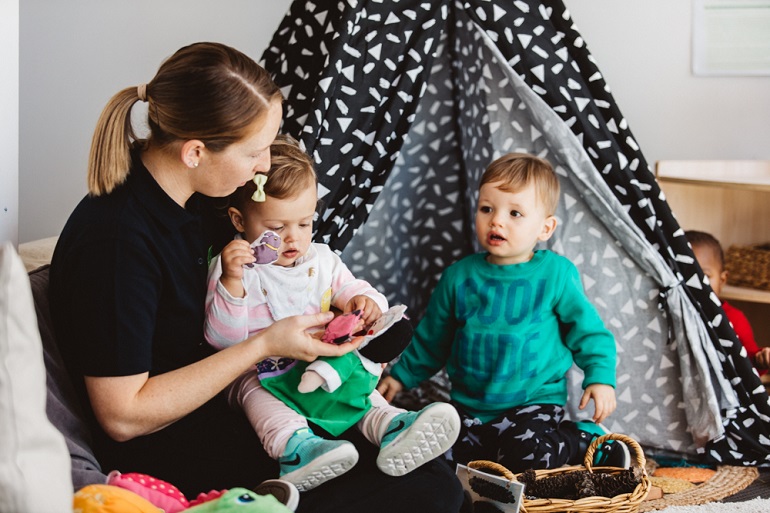
Having realistic expectations can help you be comfortable with your toddler’s behaviour, rather than being anxious or frustated by them. Circle of Security, an intervention program for children and their parents, suggests that toddlers need their parents to be a secure base and safe haven by:
(Free resources can be downloaded from The Circle of Security.)
Model the language children need to label their feelings. Why? Being able to name feelings helps children manage their impulses, communicate with others in positive ways, persist when faced with challenges and reflect on how their actions may impact on others.
L. Lowry, author of ‘What is Self Regulation’
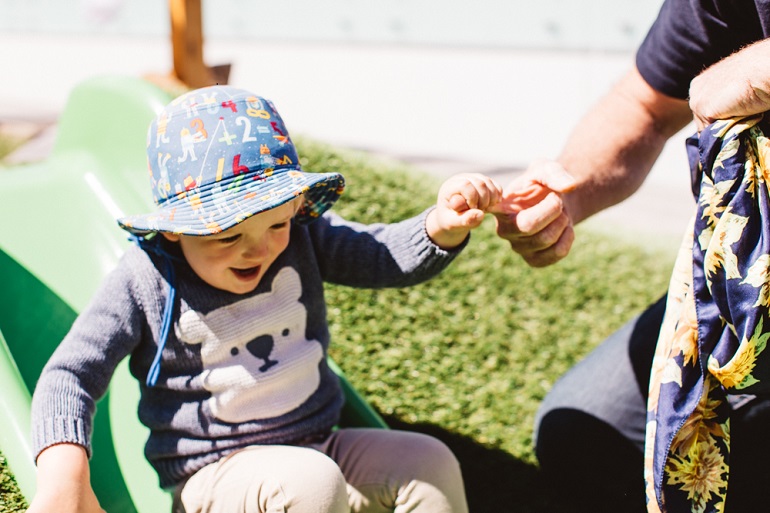
At Explore & Develop, we are guided by how toddlers think, play and learn. Respect for toddlers as individual people with rights underpins our daily programs, with teaching and learning opportunities working on their natural drive for exploration and mastery. This philosophy impacts directly on activities and play, two-way conversations with toddlers, parents, carers and educators.
Explore & Develop has created purposeful environments that maximise toddlers’ opportunities to explore. Our environments have been purpose built for them, with spaces designed and furnished with equipment and materials chosen to allow toddlers to be comfortable being themselves and where toddler-led interests and activity choice can flourish.